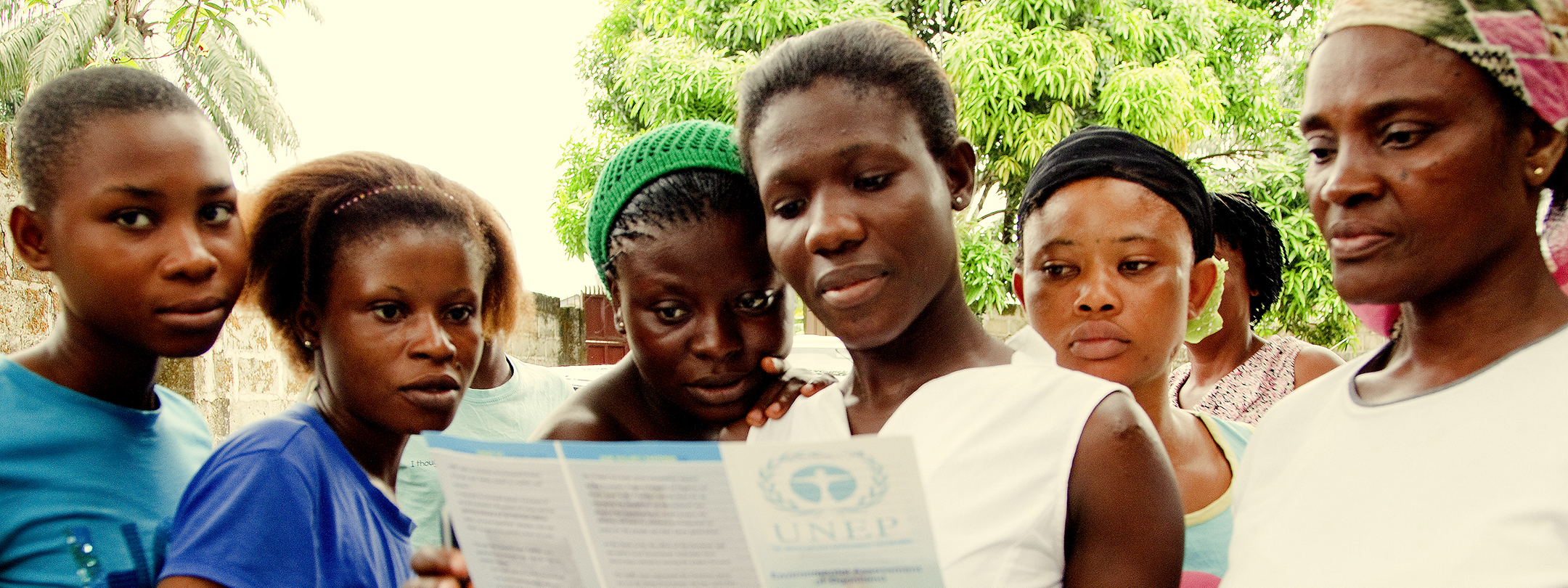Is Peace Building Donor Driven? Inside the Dynamics and Impacts of Funding Peace
Publisher: Journal of Peacebuilding & Development
Author(s): Cheryl L. Duckworth
Date: 2016
Topics: Economic Recovery, Monitoring and Evaluation, Programming
Countries: Cyprus, Rwanda, Sierra Leone
The field of peacebuilding and development has engaged in vital discussions on ethical reflective practice, critical pedagogy, and ongoing concerns (Lederach 1997; Miall et al. 2011) about what I have begun to call ‘donor-driven peace’. Key issues have concerned top-down approaches, increasing militarisation of aid, development and peacebuilding policy, and differing priorities between donors and civil society actors. The US Institute of Peace (USIP), the Alliance for Peacebuilding (AFP) and others have led conversations among scholars and practitioners on the need for an ongoing conversation between donors and implementers regarding the objectives, values and ontology of peacebuilding and development interventions; these dialogues have also focused on monitoring and evaluation to ensure donor objectives are met. Lederach (1997) captured the inherent tension between the requirements of funders and the complexities of peacebuilding some time ago when he observed, ‘Peacebuilding is about generating adaptive and dynamic processes. Some aspects of peacebuilding — for example, training projects and the development of manuals — do fit well within the “project” approach. For the most part, however, and certainly in the case of funding and evaluation, project-oriented thinking may well limit rather than facilitate peacebuilding.’
